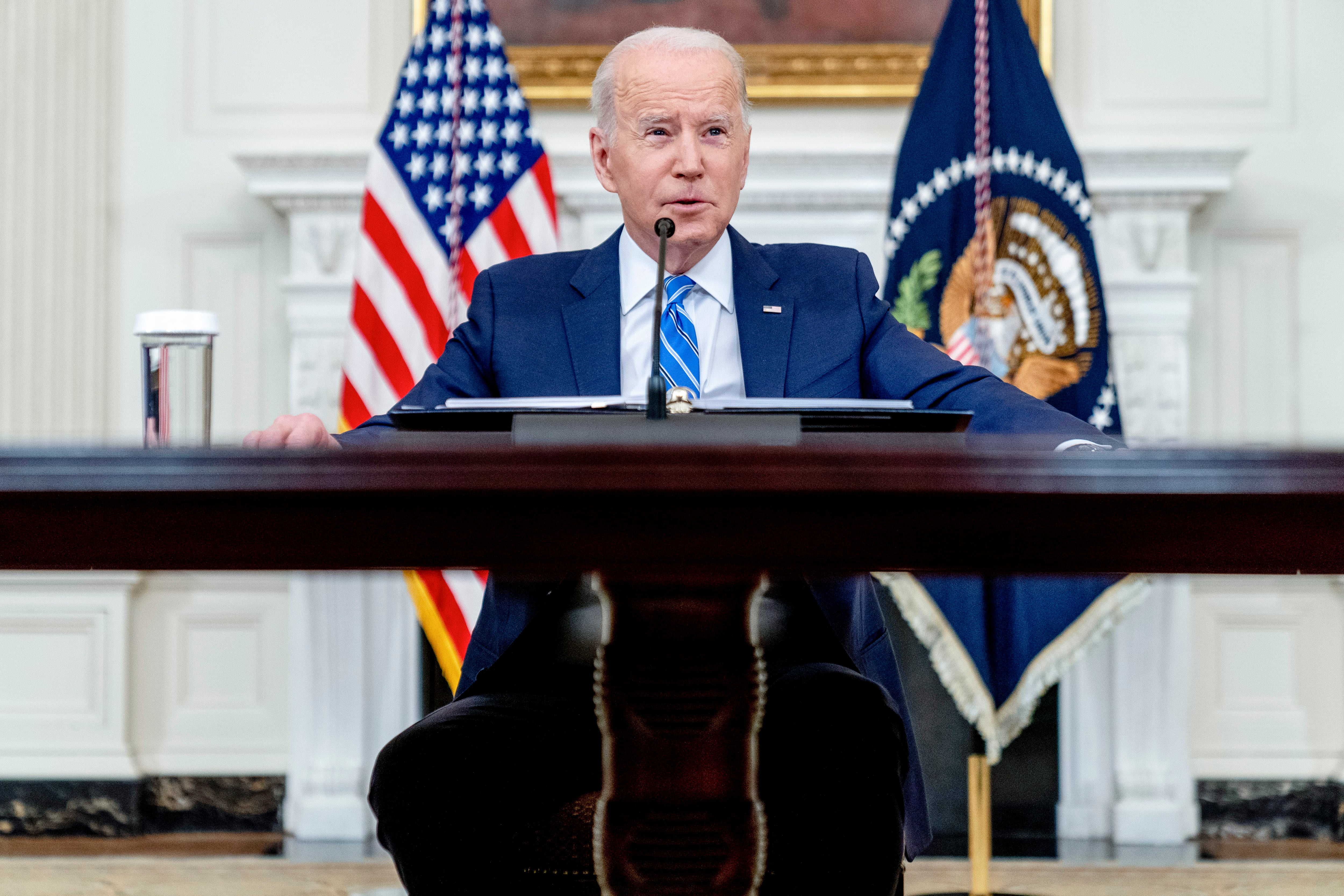Thanks to the ever-expanding archive of internet pornography, erotica is available anytime and anywhere.
But is our “pornified” culture impeding the military’s efforts to combat sexual harassment and assault, while stymying the goal of becoming a truly inclusive force for all?
That’s what Coast Guard attorney and Cmdr. Joel Coito suggested last month in an article published in the University of Florida Levin College of Law’s Journal of Law and Public Policy.
Coito wrote the article in an academic capacity and was sure to note that his position does not reflect that of the Coast Guard or U.S. Government.
In “Toward a Pornography-Free Military: ‘Good Order and Discipline’ Through a Culture of Respect,” one of Coito’s main BLUFs is that porn consumption in America has reached “pandemic proportions” due to its anytime-availability — citing studies showing that 64 percent of people between 13 and 24 “actively seek out pornography on a weekly basis.”
Today, an E-2 or an O-6 can watch close to a billion pages of porn anytime they want on their phones, including at work. And they are consuming online porn at rates much higher than their civilian counterparts, he wrote.
“Military therapists and chaplains now hear with ‘alarming regularity’ from concerned military personnel that have become addicted to viewing pornography,” Coito noted.
The fact that the most popular pornography often dehumanizes women, he added, impacts how men view and treat the women in their lives, including fellow troops.
While there is no causal relationship established between porn consumption and sexual violence, Coito references findings that “pornography ‘undermines women’s credibility’ and ‘helps to form and reinforce the view that women are sex objects.’”
Even if porn doesn’t cause sex crimes, the fact that its use can lead men to viewing female service members as less-than “should give military leaders great pause,” he wrote.
“The unmistakable message of pornography is subordination and objectification of women,” he noted. “It therefore has no place in a modern military that is predicated on the contributions and equal status of women.”
Porn has already been found to have impacts on a viewers’ personal relationships, and research increasingly focuses on how porn use impacts organizations and businesses.
The views fostered by porn “are anathema to the most basic notions of good order and discipline,” according to Coito. “If dehumanizing women and undermining their credibility are the demonstrable fruits of pornography consumption, we might query why the military has not yet taken an axe to the poisonous tree.”
RELATED

Coito notes that erotic magazines sold in base exchanges, along with the acceptance of pin-up girl posters and other pornographic materials being commonplace among troops serving at military installations, allows for the proliferation of the idea that such activity is not only ignored but condoned.
Such conditions have particularly severe implications in the military, where men and women often work long, stressful hours together in close quarters — a situation that demands “a baseline of mutual trust and respect,” Coito wrote.
“Pornography consumption by military members lays waste to unit cohesion,” Coito contends, because it erodes the mutual respect and trust at the heart of cohesion. “Where such repercussions are exacerbated by increasing pornography consumption, in garrison as well as war zones, unit cohesion and respect it is built upon necessarily falter.”
Coito notes that Congressional and military leaders have led “robust efforts” to address sex crimes in the ranks, but that “these sweeping efforts have overlooked pornography and its corrosive effect on good order and discipline.”
To create a respectful culture in military workplaces that are free of pornography, Coito offers several prescriptions, including removing pornographic magazines from base exchanges.
In the late 1990s, the military banned the sales of controversial magazines such as Hustler, Naughty Neighbors and Mature Nympho, according to Coito, but it still allows the sale of magazines like Playboy and Celebrity Skin.
The military currently warns its troops about the dangers of too much alcohol, Coito notes, and could do the same with porn.
“It is incumbent upon these leaders to ensure that every servicemember is aware of the dangers of pornography and is supported in their effort to break the grip of pornography addiction,” Coito writes.
While Coito questions why adult magazines like Playboy are still sold in base exchanges, today’s questions around porn are largely ones having to do with electronic devices and addiction to pocket computer content.
As such, Coito calls for the military to further study how too much screen time impacts service member health and operational mishaps, while further probing the potential correlation between pornographic viewing habits and the military’s efforts to prevent sexual assault and sexual harassment among the ranks.
“Given the diverse, critical duties performed by women across military specialties and at all echelons of the chain of command, it is essential to explore the broader implications of women serving in what has become a ‘pornified’ military force,” he writes.
Geoff is the managing editor of Military Times, but he still loves writing stories. He covered Iraq and Afghanistan extensively and was a reporter at the Chicago Tribune. He welcomes any and all kinds of tips at geoffz@militarytimes.com.
In Other News















